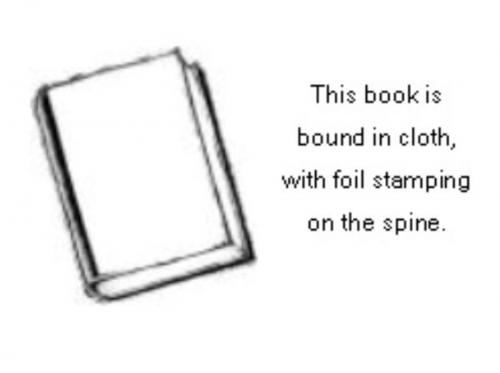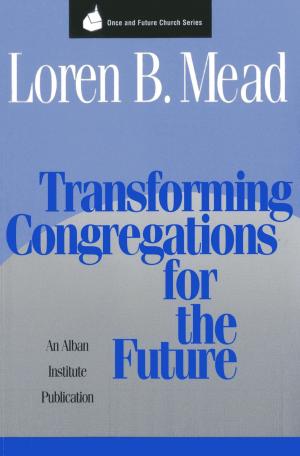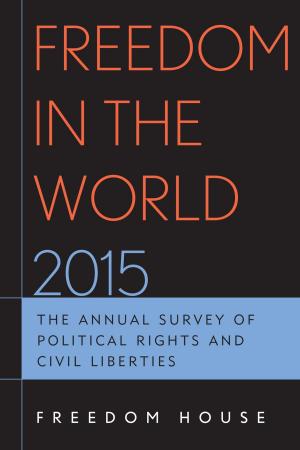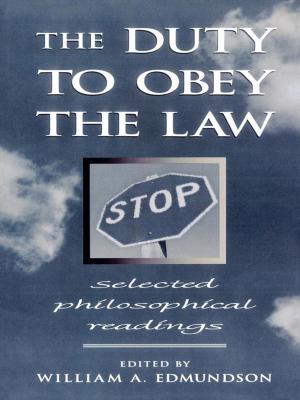The Illusion of Public Opinion
Fact and Artifact in American Public Opinion Polls
Nonfiction, Social & Cultural Studies, Political Science, Government, Civics| Author: | George F. Bishop | ISBN: | 9780742568655 |
| Publisher: | Rowman & Littlefield Publishers | Publication: | August 19, 2004 |
| Imprint: | Rowman & Littlefield Publishers | Language: | English |
| Author: | George F. Bishop |
| ISBN: | 9780742568655 |
| Publisher: | Rowman & Littlefield Publishers |
| Publication: | August 19, 2004 |
| Imprint: | Rowman & Littlefield Publishers |
| Language: | English |
In a rigorous critique of public opinion polling in the United States, George F. Bishop makes the case that a lot of what passes as 'public opinion' in mass media today is an illusion, an artifact of measurement created by vague or misleading survey questions presented to respondents who typically construct their opinions on the spot. Using evidence from a wide variety of data sources, Bishop shows that widespread public ignorance and poorly informed opinions are the norm, rather than definitive public opinion on key political, social, and cultural issues of the day. The Illusion of Public Opinion presents a number of cautionary tales about how American public opinion has supposedly changed since September 11, 2001, amplified by additional examples drawn from the National Election Studies. Bishop's analysis of the pitfalls of asking survey questions and interpreting poll results leads the reader to a more skeptical appreciation of the art and science of public opinion polling as it is practiced today.
In a rigorous critique of public opinion polling in the United States, George F. Bishop makes the case that a lot of what passes as 'public opinion' in mass media today is an illusion, an artifact of measurement created by vague or misleading survey questions presented to respondents who typically construct their opinions on the spot. Using evidence from a wide variety of data sources, Bishop shows that widespread public ignorance and poorly informed opinions are the norm, rather than definitive public opinion on key political, social, and cultural issues of the day. The Illusion of Public Opinion presents a number of cautionary tales about how American public opinion has supposedly changed since September 11, 2001, amplified by additional examples drawn from the National Election Studies. Bishop's analysis of the pitfalls of asking survey questions and interpreting poll results leads the reader to a more skeptical appreciation of the art and science of public opinion polling as it is practiced today.















